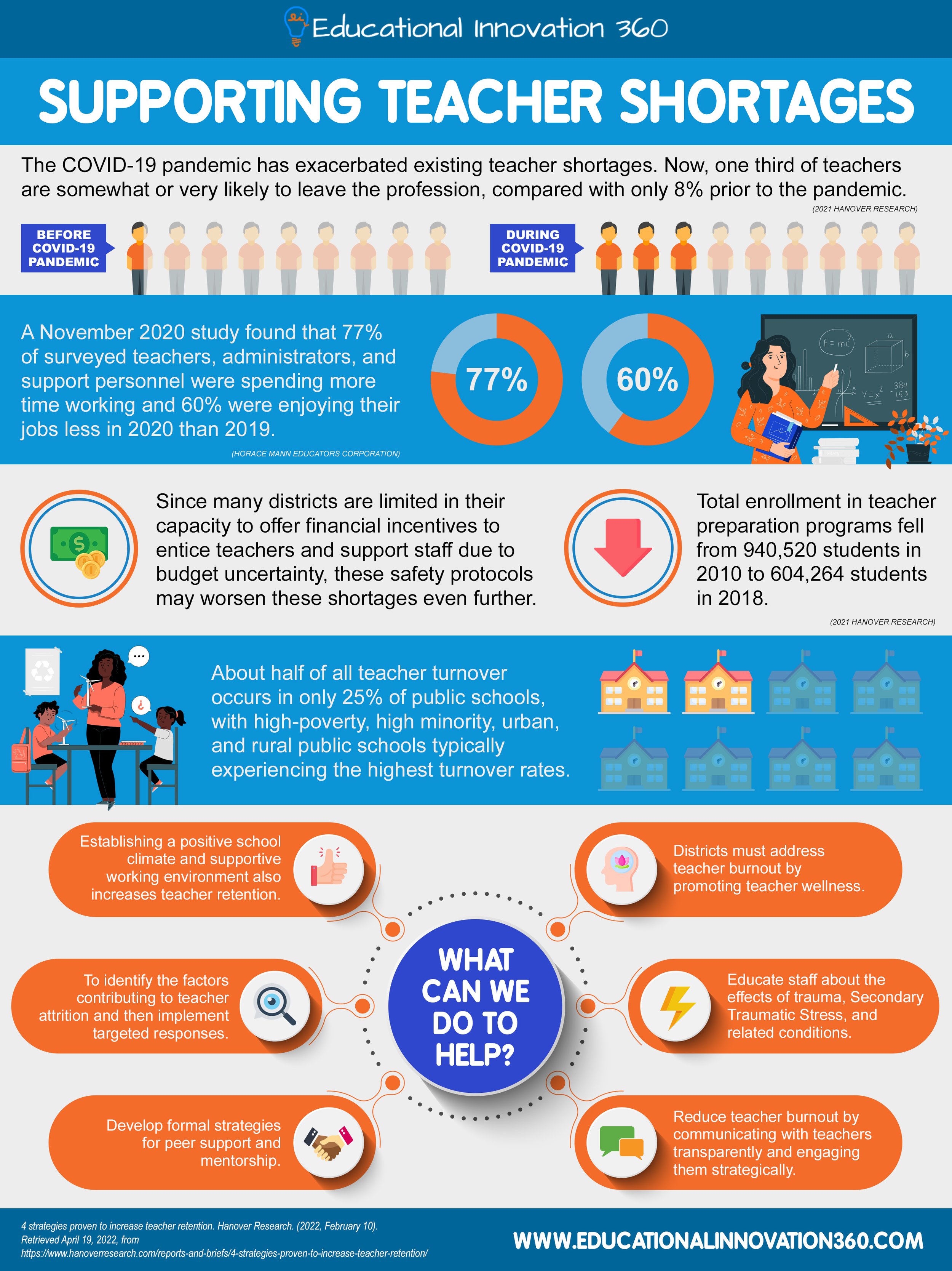How Can Teachers Measure Their Professional Growth?
Growing professionally is an ongoing task, especially for teachers. For those who love their careers as educators, this can be exciting and motivating. Teachers grow every year, with every class they teach, from every student they encounter. The way this growth is evaluated can be tricky though.
How do we know if we are making an impact?
Teachers are working with students every day so how do we know if it's sinking in? There are many effective and accurate ways of gauging how important a teacher’s impact has been on their students. In studying a teacher’s yearly curriculum, expectations of their students, their communication, and personal development, we’re able to see how influential these teachers are. Of course, we can use efficacy surveys, we also have Value-Added models, Student Portfolios, as well as pre and post-test. Since the pandemic, we have been working to identify other ways to identify how effective teachers are with their students other than just assessments.
Do we need to measure communication and respect?
If you give teachers a voice, maybe more will stay but as of now, many teachers do not have a voice at their schools. Our teachers’ ability to solve problems with their students, especially in difficult situations, and how they communicate, maintain mutual respect, and offer constructive criticism to their students shows us how patient and understanding they can be. While this isn’t exactly something a test score can evaluate, they are still very important qualities to have in a classroom. The dynamic lesson plans they design, the activities they create, and the tools they use to teach are also signs of how much their students are comprehending. When teachers create clear expectations and a structured curriculum, teachers can ensure their students are mentally prepared for what’s next and can be sure they have the resources to move on to the next level.
Why are we teaching the same thing every year to different generations of students?
When taking a deeper look into what teachers are teaching, we can see it from the student’s perspective. Why haven’t we altered the curriculum based on student desire, current trends, and social issues? Are students being taught the same material repeatedly? Are they advancing? Is the material engaging? Is it comprehensive? For teachers to consistently grow and learn, they need to understand the needs of their students, individually and as a whole. Some students may need more instruction than others, more detail, and more support. Focusing on clear instructions and expectations is important, and something that has always been instilled in teachers in preservice courses. Access to the concepts and curriculum is their main goal, so ensuring they can do so without a doubt is crucial (IQualify UK, 2020). I just am not sure I understand why we haven’t allowed teachers the autonomy to alter curriculum based on current student needs.
What if teachers had the autonomy as a team to take out, update, and revise their curriculum.
When teachers learn to collaborate they also grow exponentially. Being able to compare notes, lesson plans, projects, and effective methods, all helps them to learn from each other. By figuring out what other teachers are doing and what’s working in their classrooms, they can adjust their curriculum and attitude toward certain subjects that they may have previously had trouble relaying. You’re never too advanced to learn from your peers and with the way the world is changing so rapidly textbooks are not preparing students for their world.
Our youth may not be prepared to solve our current issues.
Currently, many of our textbooks do not include global warming, so when will schools include these topics? The ongoing growth of our teachers and faculty are so important and their autonomy continues to remain in question. I believe we as a nation can get much further; if we trust our teachers to make decisions on what’s best for our students. At least if we are not making the decisions, please invite us to the table. Our youth depends on teacher to guide their way to a better future, educate them on what to expect when they get out into the real world, and teach them problem-solving skills. Overall, we are highly educators and our ongoing learning will only help us all to grow (Sara & Lia, 2010).
References
IQualify UK. (2020, 22 January). Why is it important to identify and meet individual learner needs when teaching? –. Geraadpleegd op 20 March 2022, from https://www.iqualifyuk.com/library/teacher-training-section/why-is-it-important-to-identify-and-meet-individual-learner-needs-when-teaching/
Sara Rimm-Kaufman, & Lia S. (2010, April). Improving students' relationships with teachers. American Psychological Association. Retrieved March 21, 2022, from https://www.apa.org/education-career/k12/relationships

